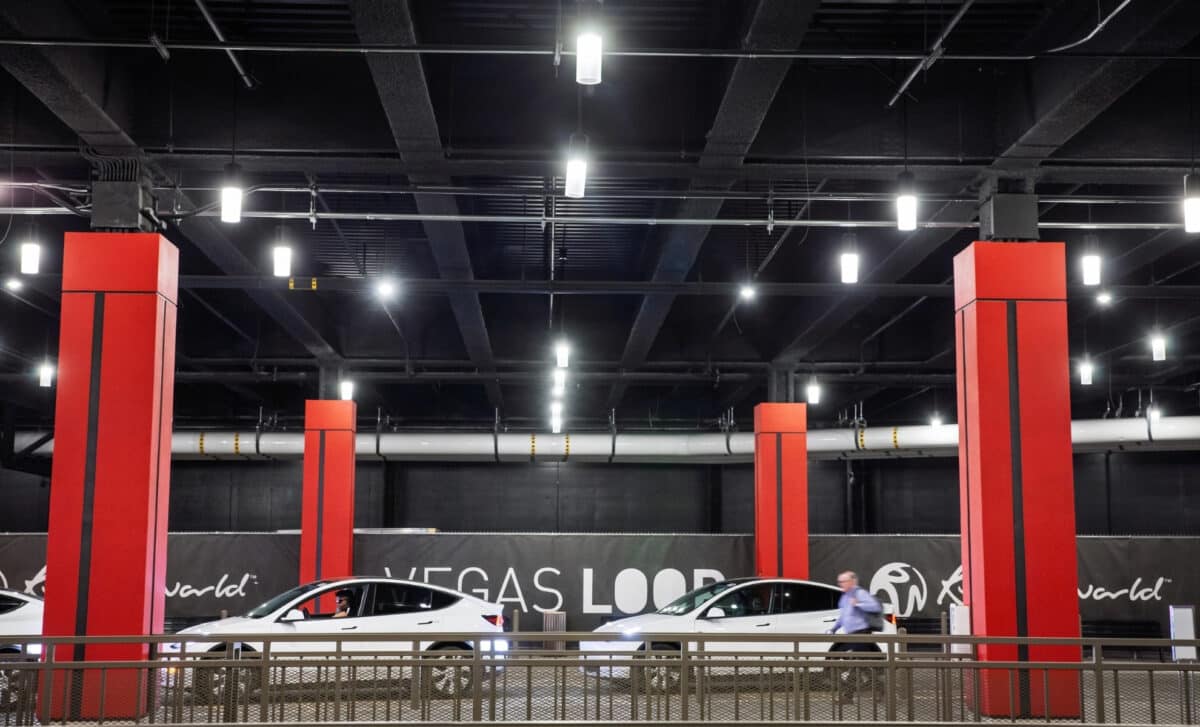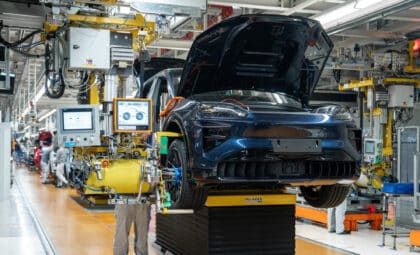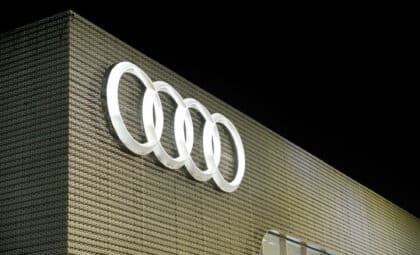The case, revealed by ProPublica on October 10, has triggered renewed scrutiny over how large tech projects are monitored—especially when backed by high-profile figures like Musk. The violations concern the Vegas Loop, a private underground transport system operated with Tesla vehicles, which has been advancing beneath the city with minimal federal oversight.
Although framed as a futuristic solution to urban transport, the Loop project has drawn criticism for sidestepping environmental safeguards. The discrepancy between the number of infractions and the size of the final fine has raised concerns about accountability and regulatory enforcement in privately funded infrastructure projects.
Violations Include Unpermitted Digging and Wastewater Discharge
According to the Nevada Division of Environmental Protection (NDEP), The Boring Company violated state regulations 789 times during the development of the Vegas Loop. The offenses range from starting excavation without official permits to releasing untreated water onto public streets—two activities that directly breach the state’s pollution control protocols.
As reported by ProPublica, these aren’t isolated incidents. The Boring Company had already faced sanctions five years ago for similar violations. That initial fine led to a compliance agreement signed in 2022, requiring the company to obtain environmental permits and ensure that drilling waste didn’t contaminate nearby areas.
Despite this, the recent letter of violation issued by the NDEP confirms that breaches continued throughout the construction phase, signaling a breakdown in adherence to the agreed safeguards. In total, the transgressions led to hundreds of reportable offenses under the 2022 deal.
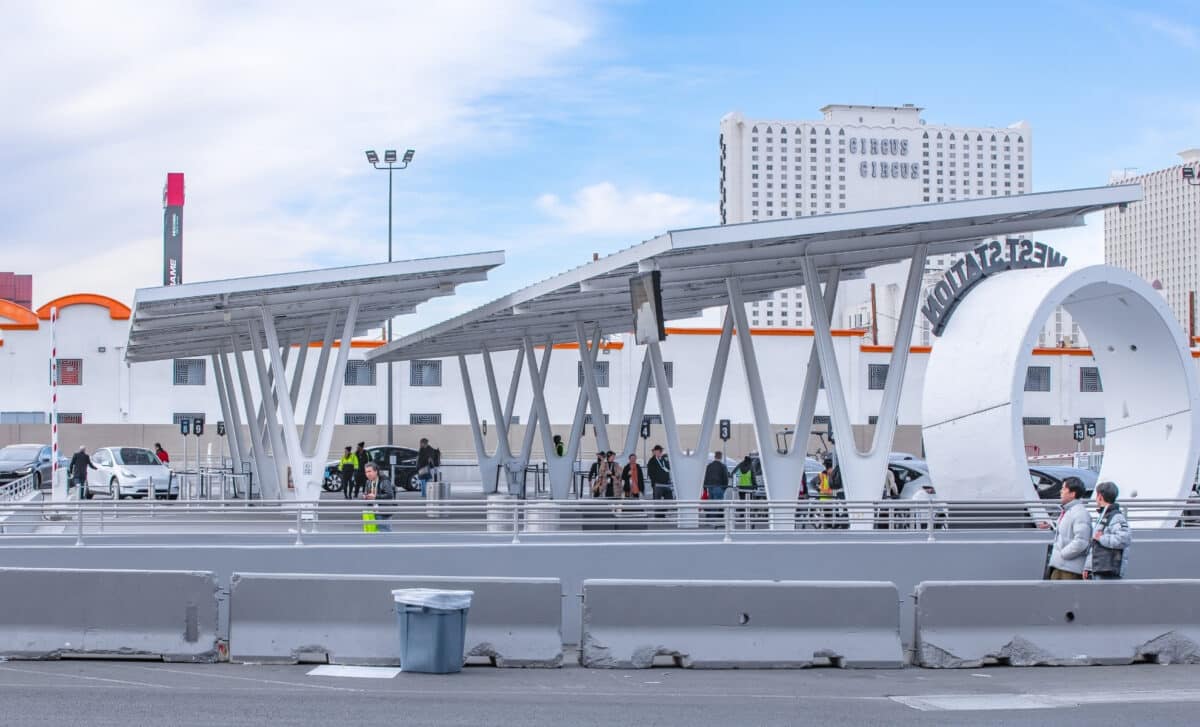
Compliance Deal Failed to Prevent Repeated Breaches
The 2022 agreement with Nevada authorities was intended to place clear environmental guardrails around The Boring Company’s operations. Under its terms, the company was expected to coordinate with the state for every stage of excavation and ensure that no chemical-laden fluids entered the urban drainage system.
This framework failed to prevent misconduct. The Boring Company not only proceeded without proper authorization on multiple occasions, but also violated the wastewater disposal conditions repeatedly. These actions culminated in what the NDEP has now called “repeated and systematic non-compliance.”
The Vegas Loop, currently operating under private funding with no federal backing, is not subject to the rigorous environmental evaluations typically applied to government infrastructure. Still, state regulations remain in effect, especially those governing pollution control and water safety.
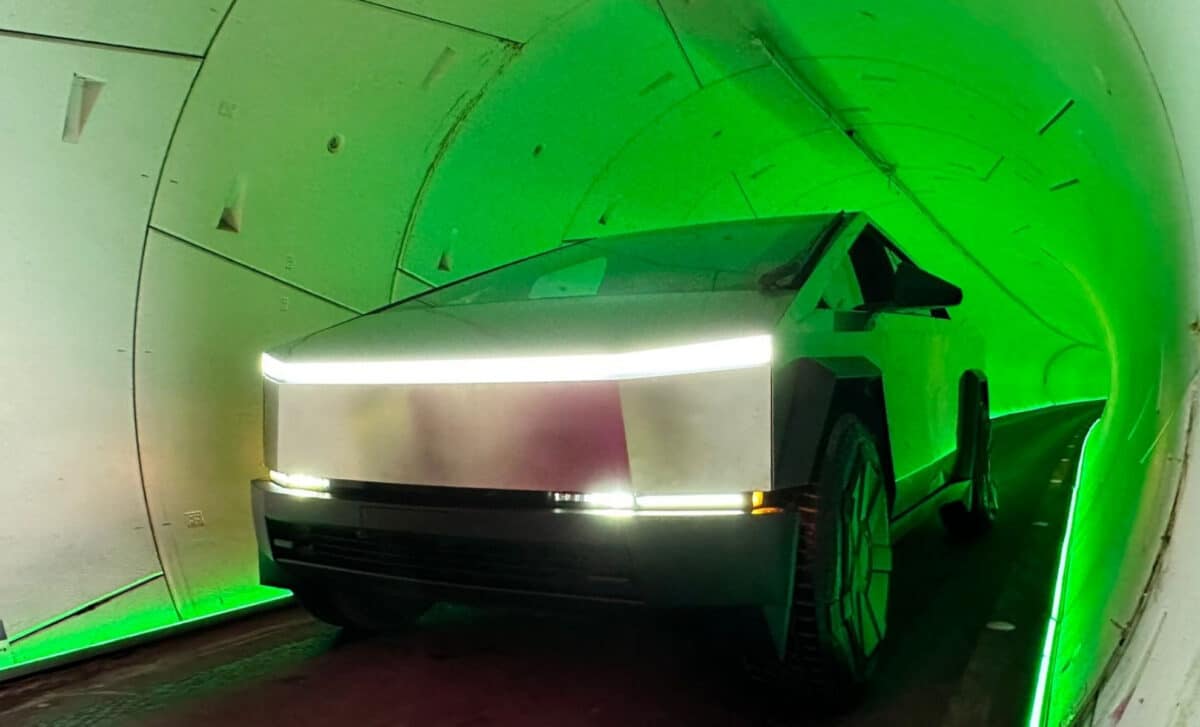
State Opts for Reduced Fine Despite Scope of Violations
Although the scale of the violations could have triggered a penalty reaching $3 million under the original 2022 agreement, Nevada state officials opted for a much lower figure. As explained by the NDEP, the agency exercised its discretionary authority to cap the fine at $242,800, calculated as $5,000 per affected permit.
The reasoning, is that the adjusted amount remains “reasonable” while serving as a deterrent for future violations. Whether this approach is effective in holding powerful companies accountable remains debatable, particularly when dealing with high-profile ventures operating on the edge of regulatory norms.
A Tesla Cybertruck recently seen navigating the Vegas Loop adds a symbolic touch to the situation—a futuristic vehicle cruising through tunnels built under controversial circumstances. For now, the financial consequences for the company remain relatively light compared to the scale of the reported infractions.

